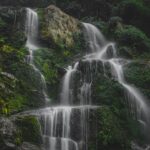Trek to the Deulajhari Hot Spring located within a 2-hour drive from Semiliguda Hills. This hot spring lies in the heart of a dense jasmine forest and is worshipped for its healing properties and religious significance. It is said that these springs originated from volcanic activity and maintain temperatures ranging from 40°C to 60°C. The celestial hot spring is also considered holy by locals, as the spring water originates from below a Shivalinga. In ancient records, there were 84 springs, but today there are only 24 specific bubbling hot water spots around it.
Quick Details About Deulajhari Hot Spring
Timings: 6 AM – 7 PM
Entry Fee: Free
Best Time To Visit: October to March
Nearest Airport: Biju Patnaik International Airport, 130 km away
Nearest Railway Station: Angul Railway Station, 90 km away
Location
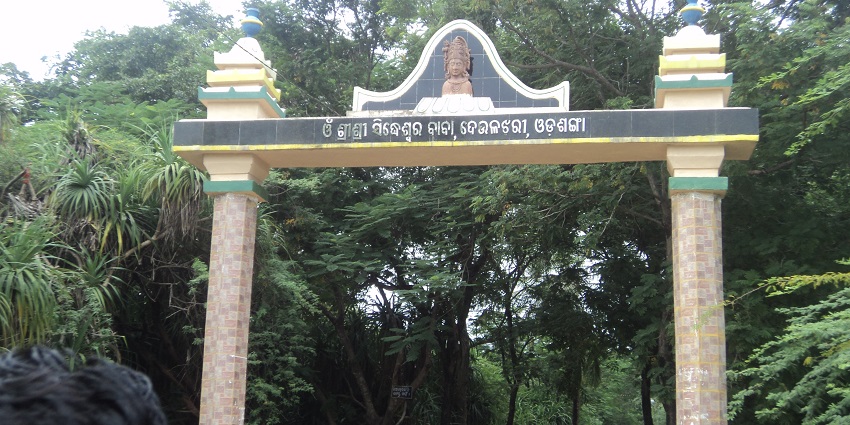
Photo: Aditya Mahar / Wikimedia Commons
Deulajhari Hot Spring is present in the Angul District of Odisha. The hot springs are situated in a forested area adjacent to the Lord Shiva temple, known as Siddheswar Baba. Surrounding the thermal spring are dense woods, some small villages, and ancient temples.
Suggested Read: Offbeat Places In Odisha
How To Reach
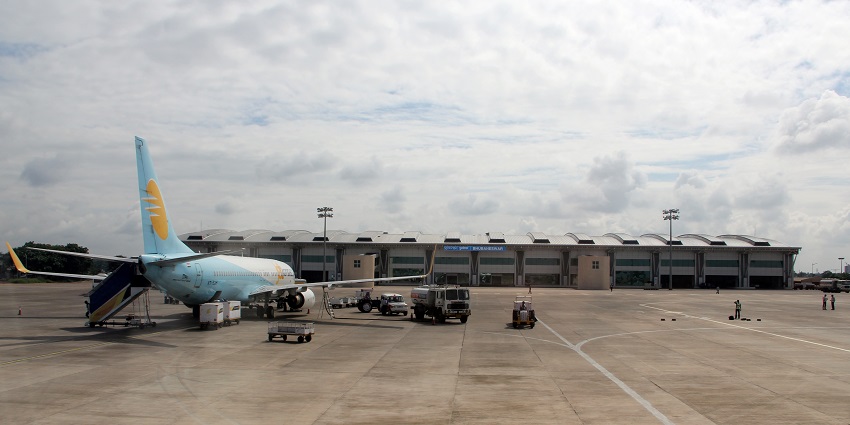
Photo: Krupasindhu Muduli / Wikimedia Commons
You can reach Deulajhari hot spring Odisha through road, air or rail:
By Air: The nearest airport to Deulajhari Hot Spring is Bhubaneswar’s Biju Patnaik International Airport ( 130 km ). From there, you can travel by road to reach the area.
By Railway: Angul Railway Station is 90 km from the hot spring. You can take a bus or book a cab to reach the hot spring location.
By Road: The nearest town is Athmallik, from where regular buses are available. You can also reach here from Angul and Bhubaneswar Increments. Athmallik is around 15 km from the hot spring, and local transport runs from here.
Things To Do
These are several activities available that allow visitors to engage with the local culture, explore tourist attractions, and enjoy the natural surroundings of the hot spring:
1. Bathe In The Holy Waters
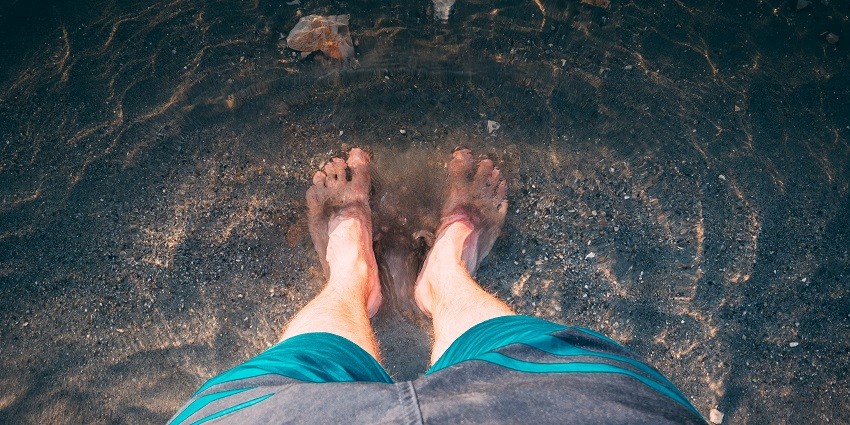
Photo: Jernej Furman / Wikimedia Commons / Image For Representation Only
Deulajhari is renowned for its natural hot springs, which feature several kunds (pools) with varying temperatures. It is said that there are medicinal properties in hot water. Thus, simply stepping into this bath can cure various diseases, such as skin disease and arthritis. This has its bathing area for men and women, ensuring privacy. A large number of pilgrims and tourists take a holy dip in the spring and then offer prayers at the temple. The Siddheswar Baba temple of Lord Shiva is adjacent to the hot springs.
Suggested Read: Street Food In Bhubaneswar
2. Participate In Local Festivals
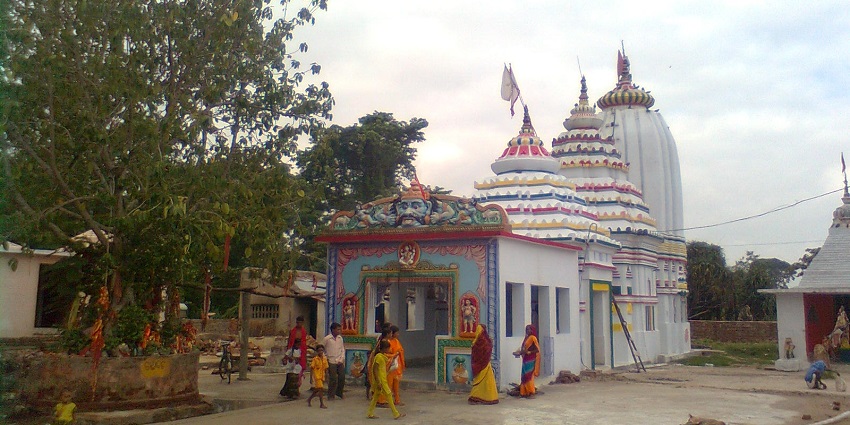
Photo: Abhas Kumar Kheti / Wikimedia Commons
There are some of the local festivals that enliven the region and can be experienced if you are visiting Deulajhari during seasons of celebrations. This is a special occasion for the great Shiva Temple that draws many visitors during Maha Shivaratri. Common traditions for such festivals include music, dance, and food, which visitors as well as locals alike can participate in.
Places To Visit Around Deulajhari Hot Spring
Once you indulge in the revitalising waters of Deulajhari, these are several sights to explore nearby:
1. Satkosia Tiger Reserve
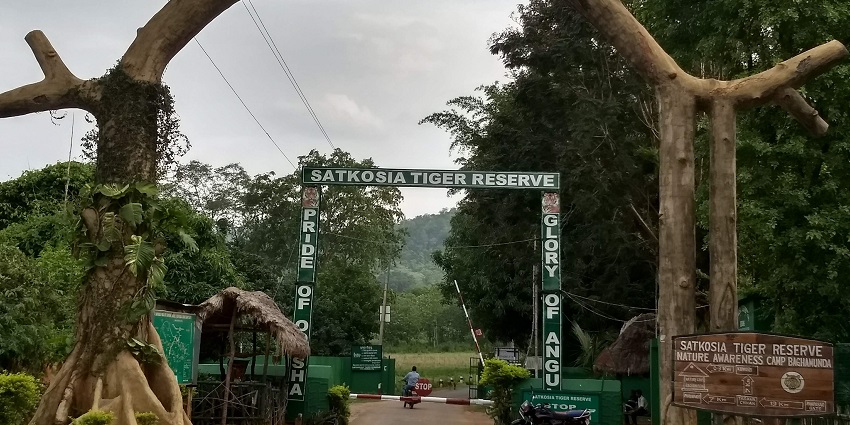
Photo: Hemant_sahu_Raj / Wikimedia Commons
Situated 47 km away from Deulajhari hot spring is Satkosia Tiger Reserve in the Angul and Nayagarh districts of Odisha. The reserve is located along the Mahanadi River, serving as a biodiversity hotspot. It was established in 1976 and designated as a tiger reserve in 2007. Following adjustments to the boundary and forest area of Satkosia Gorge Sanctuary, the area of the Satkosia Tiger Reserve was officially notified as 1136.70 sq km. This reserve is home to a variety of wildlife, including tigers, leopards, elephants, and more. You can enjoy boating and trekking and see the beauty of Satkosia Gorge and the landscape.
Timings: 6 AM – 6 PM
Entry Fee: ₹20 for Indians, ₹1000 for Foreign nationals
Suggested Read: Best Food In Puri To Let Your Taste Buds Savour
2. Tikarpada Wildlife Sanctuary
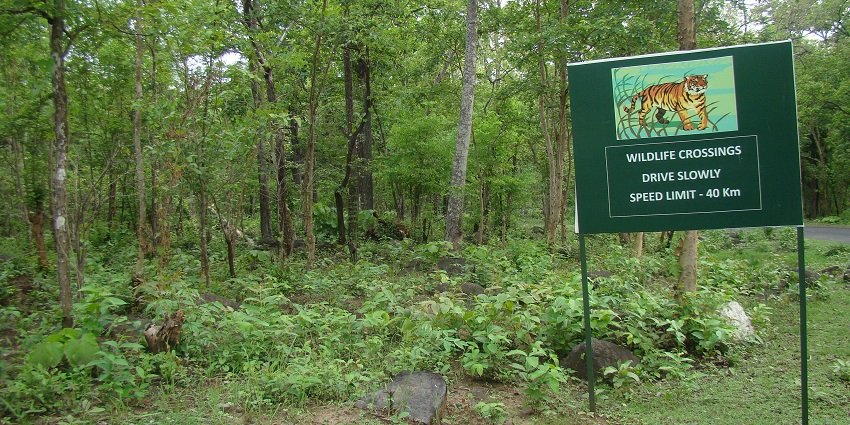
Photo: Rajani3737 / Wikimedia Commons
Located in Tikarpada, Angul district, Tikarpada Wildlife Sanctuary is 67 km from Deulajhari hot spring. Situated in the Mahanadi ecosystem, it is surrounded by Satkosia Gorge. The sanctuary spans across 795.52 square km, which houses various species from tigers and leopards to gharials and sloths. It is a breeding ground for gharials, which are released directly into the Mahanadi River. The best time to visit the sanctuary is from December to March.
Timings: 9 AM – 6 PM
Entry Fee: Free
3. Maa Hingula Temple
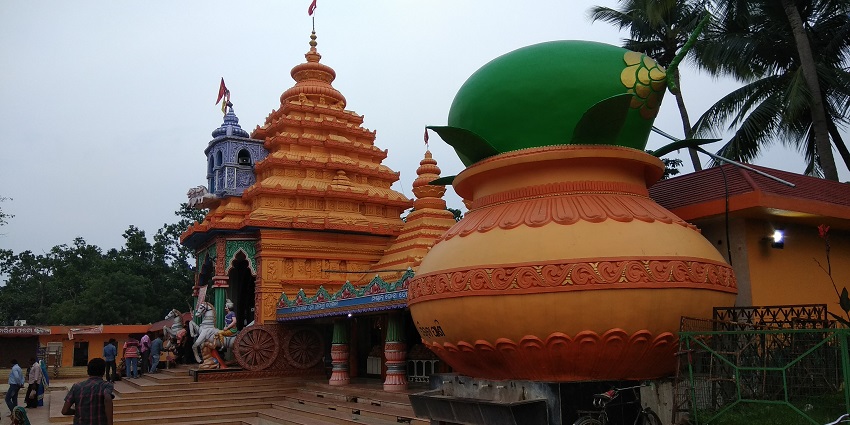
Photo: Achyuta.das1 / Wikimedia Commons / Image For Representation Only
Located on the banks of the river Simhada, 30 km from Angul district in Odisha, is Maa Hingula Temple. Maa Hingula is worshipped in a state of burning fire at a spot near the temple of Gopal Prasad and has great religious significance in the Jagannath culture. Mahanadi Coalfields Limited (MCL) has approved ₹9.32 crore for the development of the temple. This includes the construction of a main temple building, Natya Mandapa, and Jagyan Mandapa. You can reach the area in an hour’s drive.
Timings: 6 AM – 1 PM, 4 PM – 9 PM
Entry Fee: Free sightseeing and prayers, ₹20 for special darshan (optional) and ₹100 for VVIP darshan (optional)
Suggested Read: Offbeat Places Near Puri
4. Derjang Dam
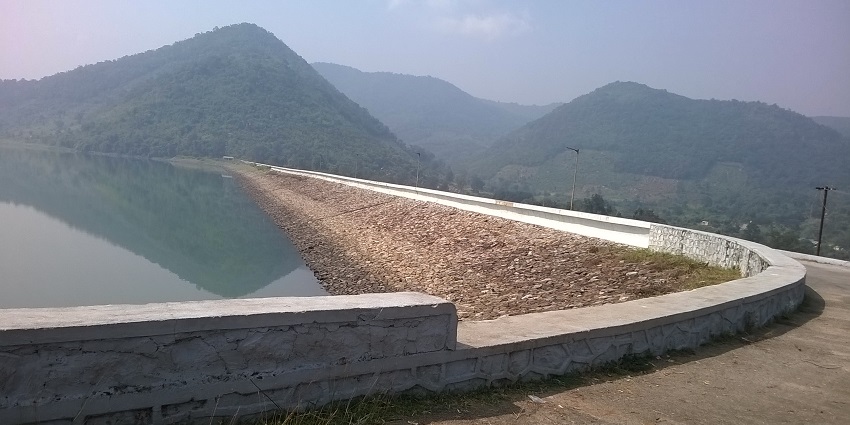
Photo: সন্দীপ সরকার / Wikimedia Commons / Image For Representation Only
Derjang Dam is an irrigation project located in the Angul district of Odisha. It is a reservoir scheme constructed across the rivers Ningara and Matalia near the village of Majhika. The dam’s area spans 399 square km, and the main canal is approximately 13.19 km long, with 33 minor and sub-minor canals. The project was started in 1960 and completed in 1977-78. It is 28 km from Angul district and 80 km from Deulajhari hot spring, which makes it a 1-2 hour drive.
Timings: 8 AM – 6 PM
Entry Fee: Free
Other Factors To Consider
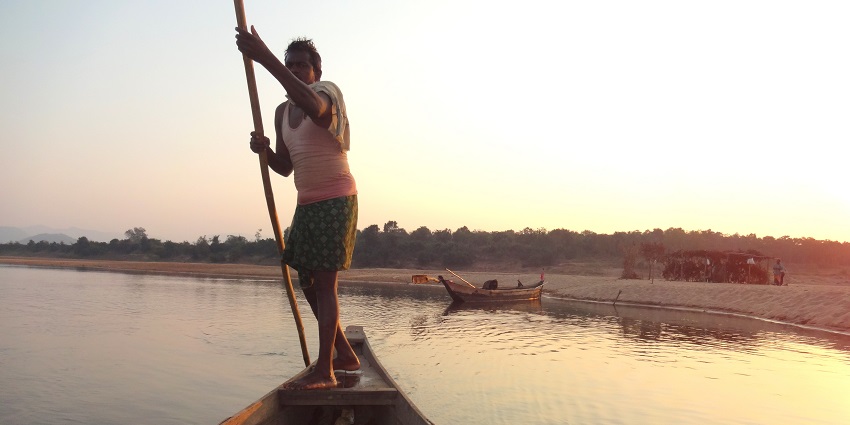
Photo: Aditya Mahar / Wikimedia Commons / Image For Representation Only
Tips For Tourists
- The best time to visit Deulajhari Hot Spring is in winter, from October to March. This period is favourable weather for outdoor activities and temple visits with minimal discomfort.
- Dress according to the place and bring extra clothes and towels if you want to take a swim at the hot springs.
- Schedule your trip around festivals or significant events for a different cultural experience.
Suggested Read: Pool Party In Bhubaneswar
Deulajhari Hot Spring has all the situational advantages that justify its worth as one of the must-visit tourist spots in Odisha. Once you reach here, it is hard to find a place where you will get ferried by natural beauty, cultural richness, and spiritual depth. A dip in the spiritual voyage, hiking, or an opportunity to dive deep into nature’s abode of the region, Deulajhari is that one-stop solution. Book your trip with TripXL today to experience the same.
Cover Photo: Saurabh797 / Shutterstock / Image For Representation Only


 WhatsApp
WhatsApp
 Twitter
Twitter

